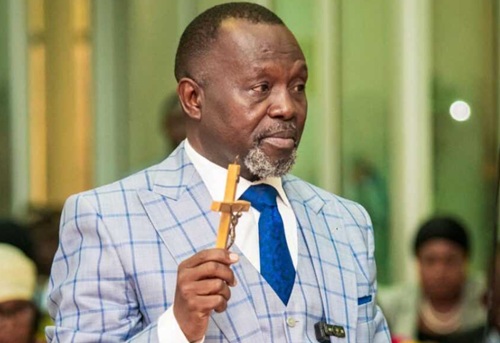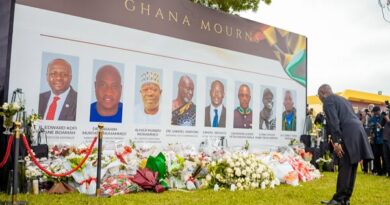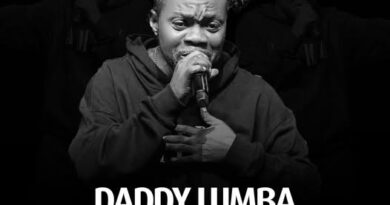When Justice Walks Away: The Silent Impact Of Nolle Prosequi In Ghana

The Quiet Power Of Nolle Prosequi In Ghana
Let’s be clear from the start—Ghana’s Attorney General (AG) is fully within his constitutional rights to discontinue criminal cases. Article 88(3) grants him that power, and he’s not the first to use it.
But the recent nolle prosequi decision in the criminal case involving Kwabena Duffuor and seven others raises critical questions—not about legality, but about public perception.
Unintended Consequences That We Cannot Ignore
A Trust Undermined
In the heat of the 2024 elections, Operation Recover All Loot was a campaign promise that symbolized fierce commitment to anti-corruption. Ghanaians expected a deep, impartial clean-up—one that would hold everyone accountable, regardless of political color.
However, discontinued prosecutions—especially those involving former officials—may send the wrong message. It suggests accountability is selective. That perception, fair or not, weakens public confidence.
A Tool Turned Political?
The real danger lies in what may follow. If future governments adopt nolle prosequi as a tit-for-tat political weapon, we risk turning Ghana’s legal system into a revolving door of partisan protection.
This isn’t theoretical—it’s already fueling speculation. People are beginning to expect the next AG, under a new administration, to do exactly the same. And that’s a dangerous norm to set.
Perception of Two Systems
Let’s talk about the Afrobarometer data. In 2008, only 28% of Ghanaians believed officials who commit crimes go unpunished. Fast forward to 2024, and that number has ballooned to 73%.
Meanwhile, only 26% feel the same about ordinary citizens. This gap is widening—and when top-tier prosecutions vanish, it confirms what many already suspect: the law applies differently to the powerful.
Legal Rights Don’t Always Equal Public Trust
Yes, the AG acted within the law. He has no legal duty to explain. Yet, giving reasons—as he did this time—is good governance.
And yes, partial recovery instead of full punishment is a common legal settlement strategy.
But the appearance test is just as crucial as the legal test. A government that loses the public’s trust—even while following the law—has already lost the battle.
So, What Now?
This isn’t a call for the AG to never use nolle prosequi. It’s a plea to use it wisely and transparently. If reasons are offered, press conferences held, and context shared, citizens may not always agree—but they’ll at least understand.
Yet, perhaps Ghanaians are asking for more than understanding. They want full justice, not half-measures. Not just partial recovery—but real consequences.
CALL TO ACTION:
Let’s demand a justice system that works for everyone—no matter their title or party. Engage. Speak up. Keep watching. Democracy survives when citizens stay alert.
TAKE-HOME MESSAGE:
Legal discretion without transparency breeds distrust. If Ghana wants a democracy that’s strong, it must align legal power with public perception. Justice must not only be done—but seen to be done.




